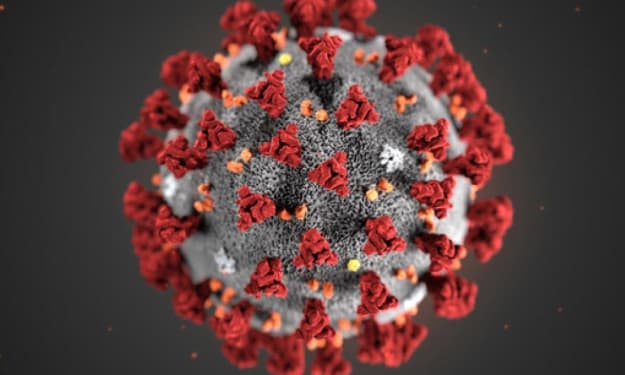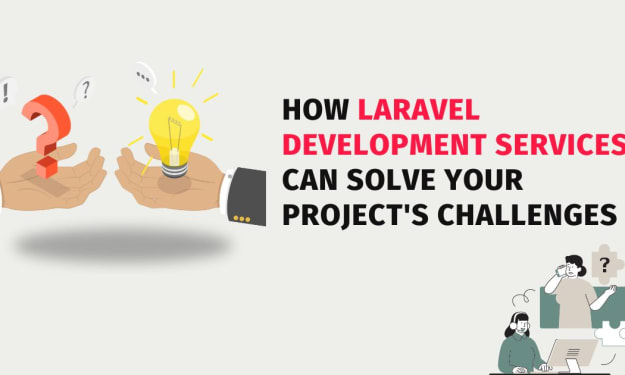COVID-19 vaccine hesitancy, public attitudes and expert opinions
COVID-19

COVID-19 vaccine hesitancy, public attitudes, and expert opinions:
Understanding COVID-19 Vaccine Hesitancy
The issue of COVID-19 vaccine hesitancy has become a significant concern in the global effort to combat the pandemic. A recent poll conducted by the Kaiser Family Foundation (KFF) sheds light on the complex landscape of public attitudes toward COVID-19 vaccines in the United States. The findings indicate that more than half of adults are leaning toward declining vaccination, with a stark contrast between Democrats and Republicans in their willingness to receive the vaccine.
The Divide Between Democrats and Republicans
One of the most striking findings of the KFF poll is the political divide in vaccine intent. While 70% of Democrats express a firm intention to get the new vaccine, only 24% of Republicans share the same sentiment. This sharp contrast highlights how political affiliations can significantly influence people's attitudes toward vaccination. The reasons behind this divide are multifaceted and often tied to trust in scientific agencies and the government.
Factors Contributing to Vaccine Hesitancy
Several factors contribute to vaccine hesitancy among different segments of the population. Firstly, vaccine messaging plays a critical role. Dr. Robert Redfield, the former Director of the Centers for Disease Control and Prevention (CDC), has emphasized the importance of clear and effective communication in addressing vaccine hesitancy. Misinformation, fear, and confusion surrounding COVID-19 vaccines can lead to greater hesitancy, making it crucial for health authorities to provide accurate and easily understandable information.
The Role of Trust in Health Authorities
Trust in health authorities is another significant determinant of vaccine hesitancy. The KFF poll shows that, while most of the population still trusts the CDC and the FDA when it comes to vaccines, there is a partisan gap, with a substantial portion of Republicans expressing mistrust in these agencies. Building and maintaining trust in public health institutions is essential to ensuring widespread vaccine acceptance.
Divergent COVID Precautions
Beyond vaccine hesitancy, the poll reveals differences in COVID precautions among Democrats and Republicans. Democrats are more likely to take extra precautions, such as wearing masks, avoiding travel, and refraining from public gatherings in response to rising COVID cases. Conversely, a smaller percentage of Republicans express a similar likelihood of taking these precautions. These variations in behavior indicate the broader political polarization surrounding the pandemic.
Vaccine Acceptance for Children
When it comes to vaccinating children, the survey indicates that over half of parents are hesitant, despite CDC recommendations for children aged 6 months and older. This hesitation could be rooted in concerns about vaccine safety and the relatively lower risk of severe COVID-19 in children. However, it raises questions about achieving herd immunity and protecting vulnerable populations.
Comparing COVID-19 Vaccines to Others
Interestingly, the poll also explores people's attitudes toward different vaccines. It shows that individuals are more willing to get the flu shot and the new Respiratory Syncytial Virus (RSV) vaccine compared to the COVID-19 vaccine. This divergence may be influenced by perceptions of COVID-19's severity and the novelty of the COVID vaccines.
Expert Opinions on Vaccination
Dr. Marc Siegel, a clinical professor of medicine at NYU Langone Medical Center, offers valuable insights into the vaccination debate. He advocates for a fact-driven approach to vaccine decisions, emphasizing that the choice should not be swayed by politics or fear. Dr. Siegel points out that the CDC's recommendation to vaccinate children aged six months and older is based on statistics indicating that many hospitalized children during the pandemic had no preexisting conditions. However, he also acknowledges that some individuals, like those who recently had COVID or experienced adverse reactions to previous vaccines, should approach vaccination cautiously.
Dr. Siegel recommends that high-risk groups, such as the elderly and individuals with underlying health conditions, consider vaccination due to the virus's potential risks outweighing the vaccine's side effects. He highlights evidence suggesting that vaccination reduces the risk of long COVID, including myocarditis.
In conclusion, the KFF poll highlights the complex landscape of COVID-19 vaccine hesitancy in the United States, influenced by political affiliations, trust in health authorities, and various other factors. Addressing these challenges requires clear and effective communication, building trust, and ensuring that vaccine decisions are informed by facts and expert opinions. As the pandemic continues to evolve, understanding and addressing vaccine hesitancy remains a critical aspect of the ongoing fight against COVID-19.
About the Creator
Abdullah Rajon
Experienced content writer skilled in SEO optimization, research, and deadline-driven delivery. Let's create engaging content together!






Comments (1)
Sensational! Great job